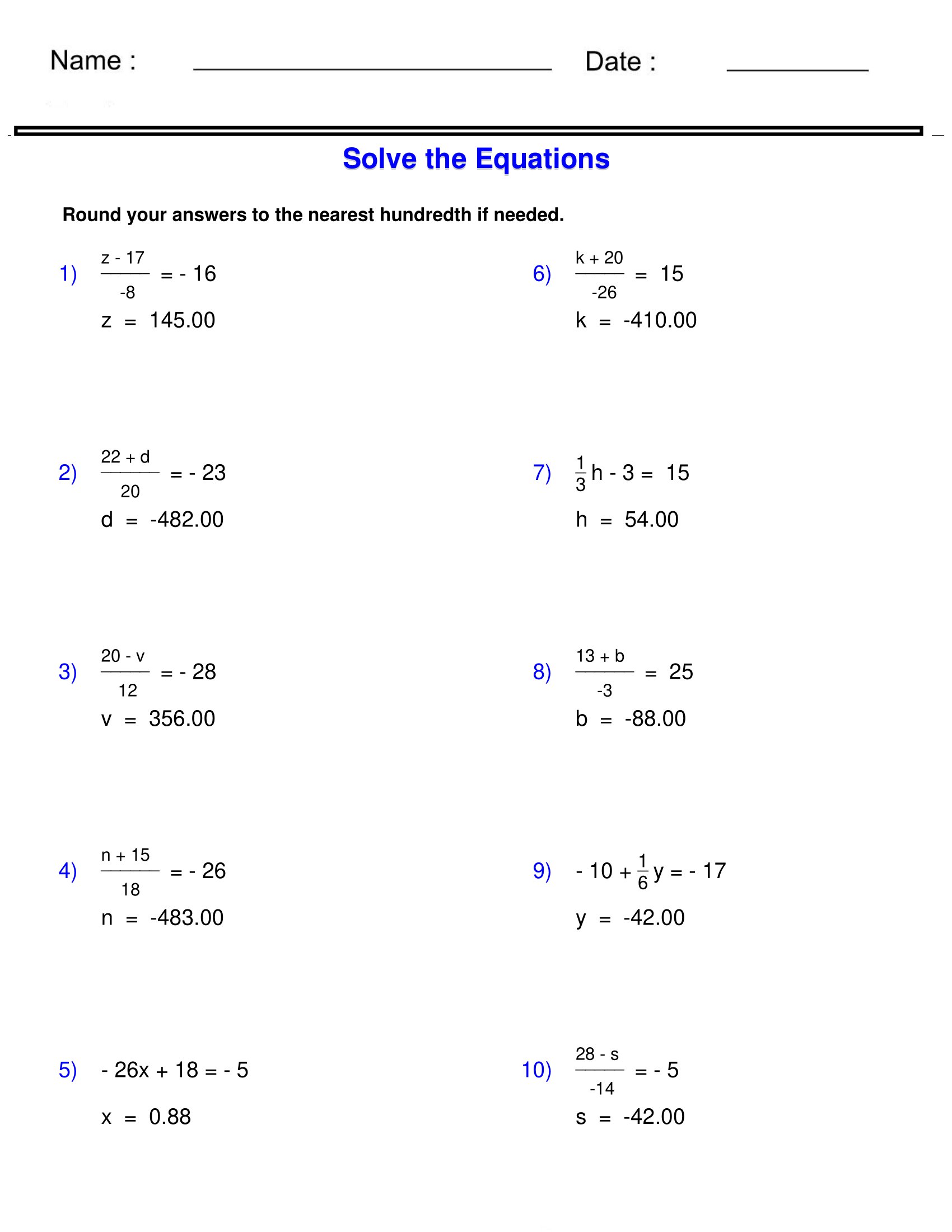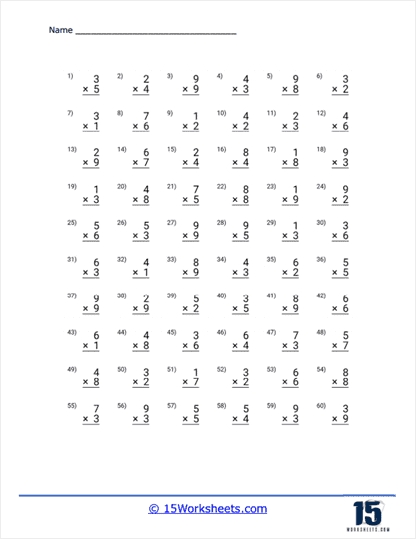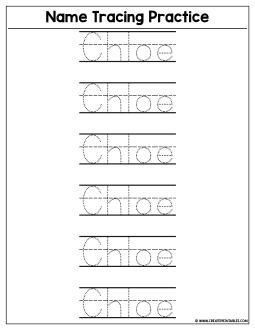Solving Two-Step Equations with Integers Made Easy

Unlocking the Secrets of Two-Step Equations with Integers
Two-step equations with integers can seem daunting, but with the right approach, they can be solved with ease. In this article, we’ll delve into the world of two-step equations, explore the key concepts, and provide step-by-step guidance on how to solve them.
What are Two-Step Equations?
Two-step equations are algebraic equations that require two operations to solve. They involve a combination of addition, subtraction, multiplication, and division, and can include integers, fractions, or decimals. The goal is to isolate the variable (usually represented by a letter) and find its value.
Key Concepts to Master
Before diving into the solution process, it’s essential to grasp the following concepts:
- Inverse Operations: Understanding the relationship between addition and subtraction, as well as multiplication and division, is crucial. Inverse operations “undo” each other, allowing us to isolate the variable.
- Order of Operations: Following the correct order of operations (PEMDAS/BODMAS) ensures that calculations are performed correctly.
- Integer Properties: Familiarity with integer properties, such as the commutative and associative properties, helps simplify equations.
Step-by-Step Solution Process
Now that we’ve covered the essential concepts, let’s walk through a step-by-step solution process for two-step equations with integers:
Step 1: Simplify the Equation (if necessary)
- Combine like terms
- Remove any parentheses or brackets
- Simplify any complex fractions or decimals
Step 2: Identify the Inverse Operations
- Determine the operations required to isolate the variable
- Identify the inverse operations needed to “undo” each operation
Step 3: Perform the Inverse Operations
- Apply the inverse operations to both sides of the equation
- Simplify the resulting equation
Step 4: Check Your Solution
- Plug the solution back into the original equation to ensure it’s true
- Verify that the solution is reasonable and makes sense in the context of the problem
Example 1: Solving a Two-Step Equation with Integers
Let’s solve the equation: 2x + 5 = 11
Step 1: Simplify the Equation
The equation is already simplified.
Step 2: Identify the Inverse Operations
We need to isolate the variable x. To do this, we’ll use the inverse operations of addition and multiplication.
- Inverse operation of addition: subtraction
- Inverse operation of multiplication: division
Step 3: Perform the Inverse Operations
- Subtract 5 from both sides of the equation: 2x = 11 - 5
- Simplify: 2x = 6
- Divide both sides of the equation by 2: x = 6 ÷ 2
- Simplify: x = 3
Step 4: Check Your Solution
- Plug x = 3 back into the original equation: 2(3) + 5 = 11
- Verify that the solution is true: 6 + 5 = 11
Example 2: Solving a Two-Step Equation with Integers
Let’s solve the equation: x/4 - 2 = 7
Step 1: Simplify the Equation
The equation is already simplified.
Step 2: Identify the Inverse Operations
We need to isolate the variable x. To do this, we’ll use the inverse operations of division and subtraction.
- Inverse operation of division: multiplication
- Inverse operation of subtraction: addition
Step 3: Perform the Inverse Operations
- Add 2 to both sides of the equation: x/4 = 7 + 2
- Simplify: x/4 = 9
- Multiply both sides of the equation by 4: x = 9 × 4
- Simplify: x = 36
Step 4: Check Your Solution
- Plug x = 36 back into the original equation: 36⁄4 - 2 = 7
- Verify that the solution is true: 9 - 2 = 7
📝 Note: When solving two-step equations, it's essential to perform the inverse operations in the correct order. Failure to do so may result in incorrect solutions.
Tips and Tricks
- Read the equation carefully: Understand the problem and identify the variable and constants.
- Use inverse operations wisely: Apply the correct inverse operations to isolate the variable.
- Check your work: Verify that your solution is true by plugging it back into the original equation.
- Practice, practice, practice: The more you practice, the more comfortable you’ll become with solving two-step equations.
Conclusion
Solving two-step equations with integers may seem daunting, but with the right approach, it can be a breeze. By mastering the key concepts, following the step-by-step solution process, and practicing regularly, you’ll become a pro at solving two-step equations in no time.
What is the difference between a one-step and a two-step equation?
+A one-step equation requires only one operation to solve, whereas a two-step equation requires two operations. Two-step equations involve a combination of addition, subtraction, multiplication, and division.
How do I know which inverse operations to use?
+Identify the operations required to isolate the variable and then use the inverse operations to “undo” each operation. For example, if the equation involves addition, use subtraction as the inverse operation.
Why is it essential to check my solution?
+Checking your solution ensures that it’s true and reasonable. Plugging the solution back into the original equation verifies that the solution is correct and helps identify any mistakes.
Related Terms:
- Two step Equations Worksheet
- two-step equations worksheets pdf
- Two-Step Equations Integers sheet 1
- Two step equations with fractions
- Two-step equations with integers calculator



